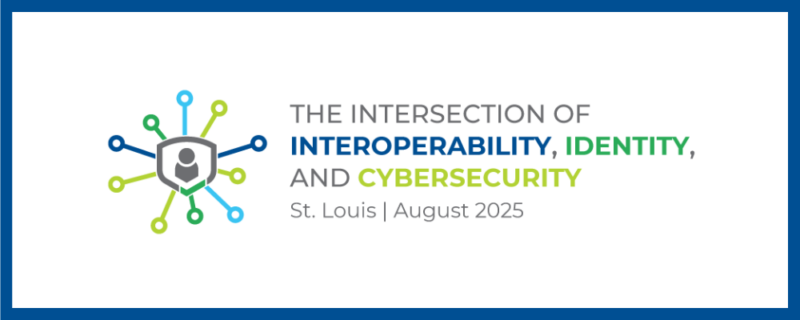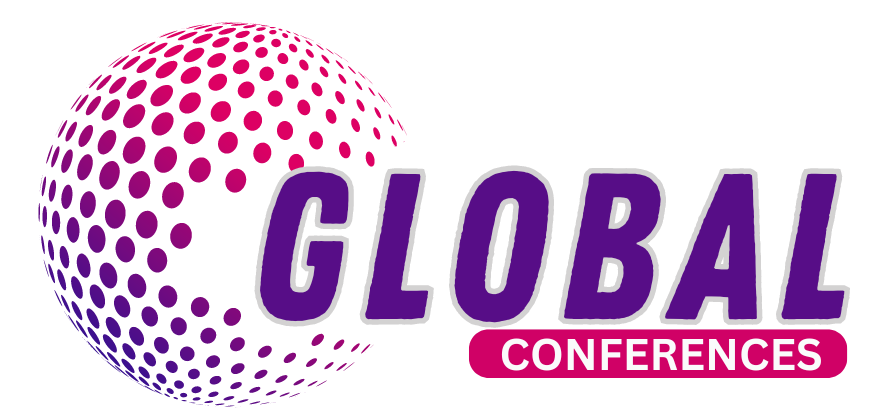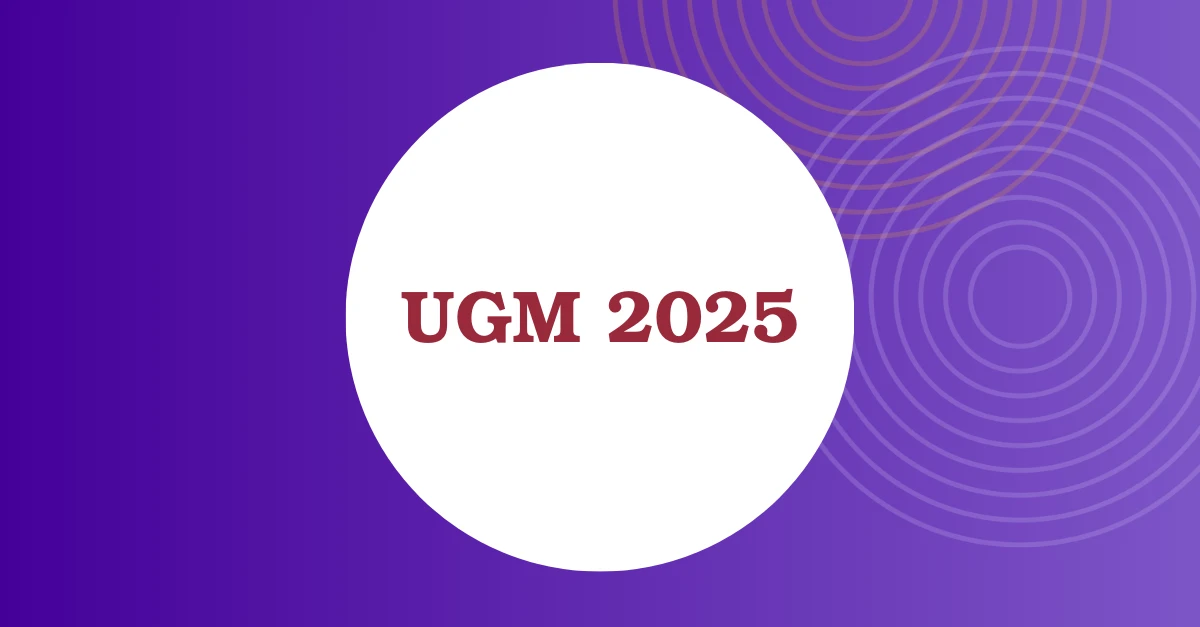The clinical, financial, and overall business value of information in healthcare today is without question. The use of this information captured by EHR and other health IT systems, especially those intended to play a role in health information exchange (HIE), depends on the ability of a healthcare organization or provider to govern that data. The real data question is whether organizations have the systems and skilled resources in place to take full advantage of their data.
As the importance of information quality has become more evident, organizations have developed methodologies, roles and responsibilities, and tools that have collectively become known as data governance. This post aims to introduce you to data governance, its principal objectives, and the roles and responsibilities needed to carry it out effectively.
What is data governance?
The Data Governance Institute offers this concise but comprehensive definition:
Data governance refers to the organization bodies, rules, decision rights and accountabilities of people and information systems as they perform information-related processes.
Essentially, then, data governance refers to organizational structures, roles, policies and procedures established to manage information as a strategic corporate asset. It ensures consistent and proper management of data across the organization, which in turn helps improve data quality and gives end-users a much higher level of confidence in the information they use to make business decisions.
What are the main objectives of data governance?
Data governance has three overarching objectives to ensure greater accountability for information quality as well as more consistent definitions and business rules for information management:
1. Proactively identify issues: Data quality issues are too often identified upstream when an executive questions the information contained in a report or dashboard. An effective data governance program includes methodologies to identify data quality issues before they become visible and costly.2. Reactively resolve issues: Often the IT department is held accountable for data quality issues when the actual causes are poorly defined rules or unapproved workflows. Data governance ensures that well-documented workflows are established and business stakeholders are held responsible for data quality with support from IT.3. Enforce standards: Many data quality issues are caused by the lack of consistent data definitions and business rules. Data governance establishes roles and responsibilities to ensure consistency of data management standards.
Roles & responsibilities
As previously mentioned, designating roles and responsibilities is an essential part of any data governance strategy. The four primary roles are Data Owner, Business Data Steward, Technical Data Steward and Gatekeeper. Here is a brief description of each:
• Data Owner: They are typically director-level or above executives with full accountability for one or more types of data. They determine the appropriate solution to data quality issues based upon recommendations from their supporting Business and Technical Data Stewards.• Business Data Steward: This person is a subject matter expert (SME) in a specific domain and is the single, most important role. They are responsible for determining optimal solutions to data quality issues and for preparing data definitions and business rules for data quality, transformation, and aggregation.• Technical Data Steward: The two primary responsibilities of the Technical Data Steward are to proactively identify data quality issues using data profiling tools and to implement program code fixes that have been approved by the Data Owner.• Gatekeeper: This individual monitors the status of data quality issues. When issues are identified through data profiling or other means, they must be logged, assigned to the responsible Business Data Steward, and tracked until they have been resolved.
Key consideration for leadership
If your organization plans to adopt enterprise-wide data governance strategies, consider these two important points. First, a successful data governance initiative will require additional resources. Don’t assume that valuable SMEs and technical resources who are already assigned to other strategic initiatives can handle the additional burden of data stewardship responsibilities. You will likely need to hire additional resources to assume some of their current job responsibilities.
Second, you must ensure C-level adoption and buy-in. Bottom-up or grassroots efforts to implement data governance are far less likely to succeed than strong top-down approaches with unwavering support from executives. Senior leadership must continually reinforce the importance of the initiative throughout the organization.
























